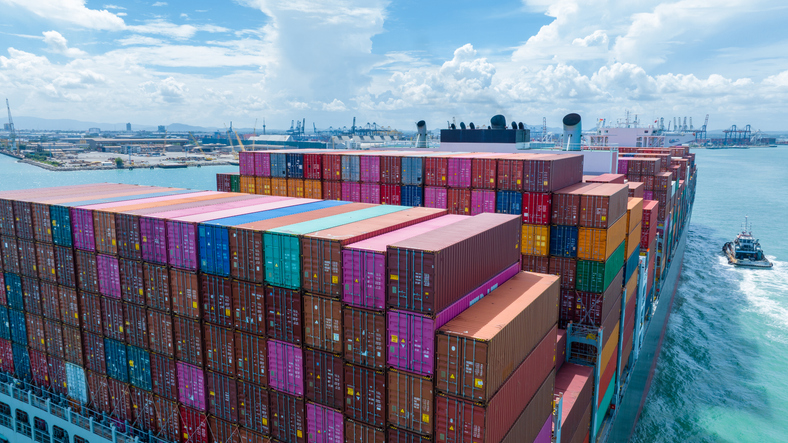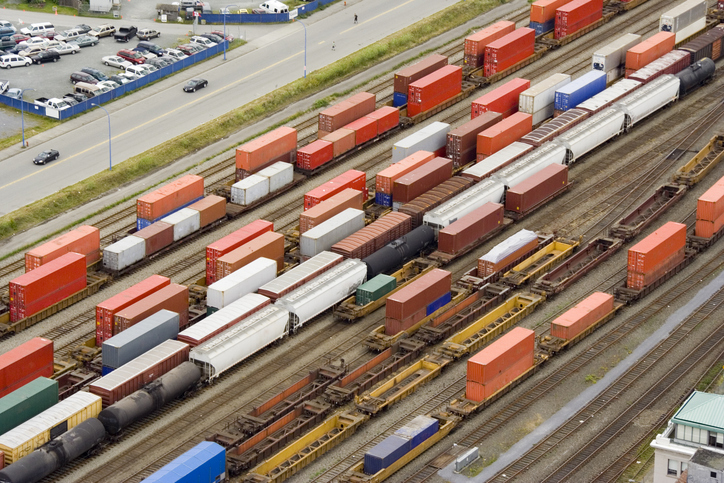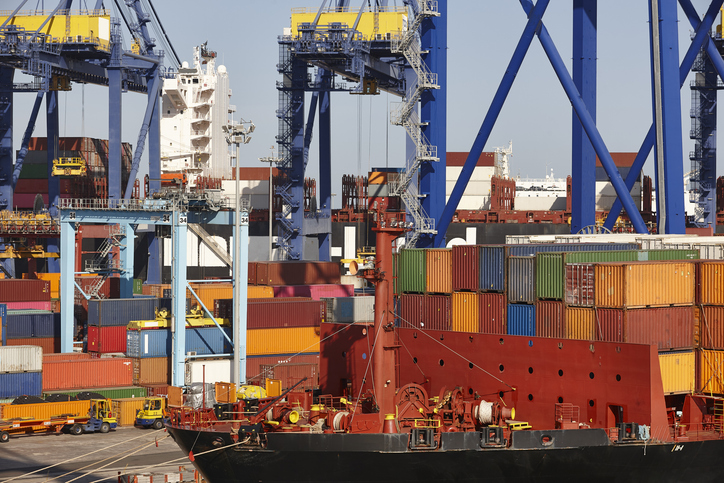
The Weekly Roar
In this week’s Roar: A potential rail strike in Canada, the UK’s new Customs Declaration Service deadline, more Houthi attacks, increasing surcharges in the Red Sea, and new trade services between Asia and Mexico.
The Teamsters Canada Rail Conference (TCRC), which represents various rail workers, wants to stage a walkout on May 22. Not that any time for such action is a good time, but a fragile Canadian economy has experts extra concerned about the damage a rail strike could do to already shaky supply chains. The strike could affect both major railways, Canadian National (CN) and Canadian Pacific Kansas City (KPKC).
The UK government is implementing a new Customs Declaration Service (CDS), and the June 4 deadline for exporters to switch from the older CHIEF system is fast approaching. However, according to Agency Sector Management, with less than a month away, up to a third of exporters still need to make the switch. HMRC will only grant a four-week extension in exceptional circumstances, so it’s important to make sure you’ve made the change before the cutoff date. New users also have the opportunity to take advantage of a Trader Test Environment to get comfortable with the new system before the deadline.
There’s no end in sight to the ongoing conflict between the Houthis and merchant vessels. They’ve recently targeted two MSC ships, the MSC Gina and the MSC Diego. This comes after a string of attacks — nearly 100 merchant ships have been targeted by the Houthis in just the last seven months, including the Galaxy Leader, a car carrier that was abducted along with its crew more than five months ago. The owners continue to plead for the crew’s release, whom they feel the world has just forgotten about.
Shipping costs are on the rise due to the heightened risk of routing through the Red Sea — specifically Maersk, who has announced increased surcharges to offset their rising costs, tripling them from $250 to $750 per TEU starting May 11. Houthi threats have increased, as they’ve expanded their operations, and their attacks are now reaching further out at sea. This has forced Maersk to reroute ships, adding time and expense to deliveries. The situation is further complicated by the recent entry of Iranian military personnel and tit-for-tat airstrikes between Israel and Iran. These developments have created a ripple effect, causing delays, bottlenecks, and shortages of equipment and capacity across the region.
Trade is booming between Asia and Mexico, and new shipping routes are emerging to meet the demand. Several shipping giants, like MSC, CMA CGM, and Cosco have started offering new services to handle certain shipments between these regions. The new routes connect ports in China, South Korea, and Japan to ports in Mexico. Experts believe that nearshoring and geopolitical tensions are some of the reasons behind this rise in trade.
For the rest of the week’s top shipping news, check out the article highlights below.









